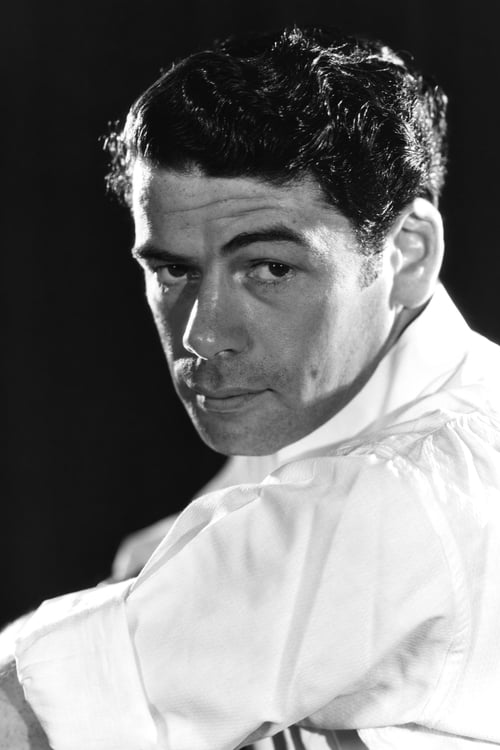
Paul Muni
Nascimento : 1895-09-22, Lemberg, Galicia, Austria-Hungary
Morte : 1967-08-25
História
From Wikipedia, the free encyclopedia.
Paul Muni (born Meshilem Meier Weisenfreund, September 22, 1895 – August 25, 1967) was an Austrian-Hungarian-born American stage and film actor. During the 1930s, he was considered the most prestigious actor at Warner Brothers studios, and one of the rare actors who was given the privilege of choosing which parts he wanted.
His acting quality, usually playing a powerful character, such as Scarface, was partly a result of his intense preparation for his parts, often immersing himself in study of the real character's traits and mannerisms. He was also highly skilled in using makeup techniques, a talent he learned from his parents, who were also actors, and from his early years on stage with the Yiddish Theater, in New York. At the age of 12, he played the stage role of an 80-year-old man; in one of his films, Seven Faces, he played seven different characters.
He was nominated six times for an Oscar, winning once as Best Actor in The Story of Louis Pasteur.
Description above from the Wikipedia article Paul Muni, licensed under CC-BY-SA, full list of contributors on Wikipedia
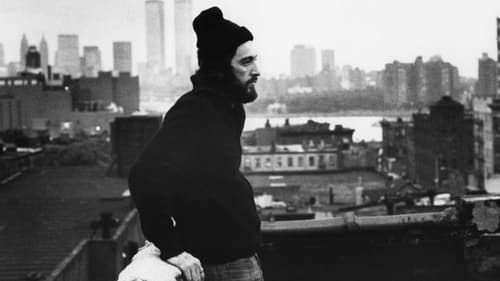
Self (archive footage)
Between the South Bronx and (New) Hollywood, a portrait of Al Pacino, passionate about theatre and mythical actor of The Godfather and Scarface, who has never stopped battling with his demons.

(archive)
A history of anti-Asian racism and yellowface in Hollywood after the 1941 Pearl Harbor attack.

James Allen (archive footage)
A look at the forces that shaped Pre-Code Hollywood and brought about the strict enforcement of the Hays Code in 1934.

A documentary looking at the life and career of film director Frank Capra. Hosted by Ron Howard.
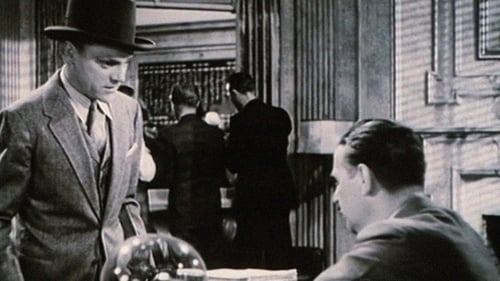
Self (archive footage)
Period music, film clips and newsreel footage combined into a visual exploration of the American entertainment industry during the Great Depression.

Sam Abelman
Dr. Sam Abelman is a Jewish doctor contentedly spending his autumn years serving his own Brooklyn neighborhood. But when his nephew, would-be journalist Myron, writes an article about him, it draws the attention of a producer, Woodrow Thrasher, who believes Dr. Abelman a good candidate for a TV show. The doctor, however, is suspicious of the whole enterprise, thinking both Myron and Thrasher are simply out to make a fast buck.
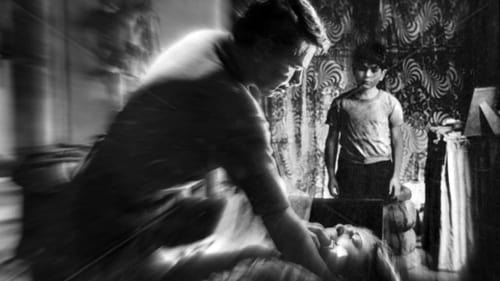
The Stranger With A Gun
A down-and-out crook on the lam befriends a young street urchin, in an Italian port city. At first amused that the boy is a sneak thief, he tries to deflects the kid from a life of crime. Tipped off by a woman anxious to collect the reward for him (who is wanted for murder), the police pursue the two lost souls.
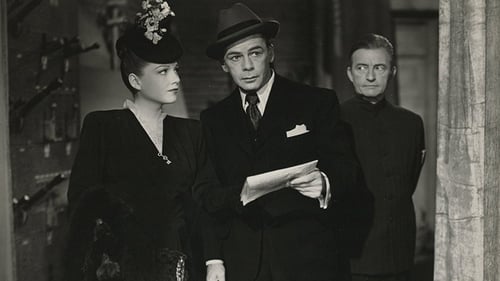
Eddie Kagle/Judge Fredrick Parker
The Devil arranges for a deceased gangster to return to Earth as a well-respected judge to make up for his previous life.

Alexei Kulkov
Two Russians fight to escape the seven Nazi soldiers trapped with them in a bombed building.
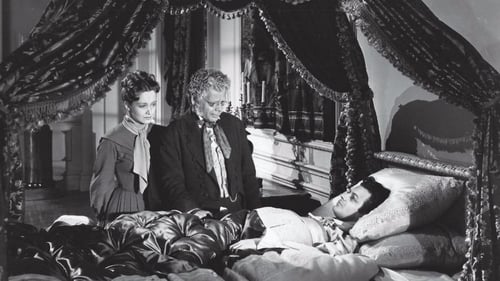
Professeur Joseph Elsner
Prof. Joseph Elsner guides his protégé Frydryk Chopin through his formative years to early adulthood in Poland. The professor takes him to Paris, where he eventually comes under the wing and influence of novelist George Sand and rises to prominence in the music world, to the exclusion of his old friends and patriotic feelings towards Poland.
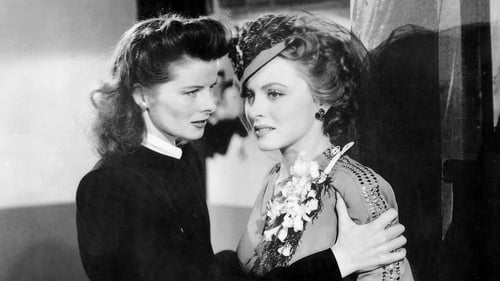
Paul Muni
A young soldier on a pass in New York City visits the famed Stage Door Canteen, where famous stars of the theater and films appear and host a recreational center for servicemen during the war. The soldier meets a pretty young hostess and they enjoy the many entertainers and a growing romance

Himself (segments 'The Story of Louis Pasteur' and 'The Life of Emile Zola') (archive footage)
This short traces the history of sound in the movies, beginning with French scientist Leon Scott's experiments in 1857. Featured are snippets from early sound pictures.
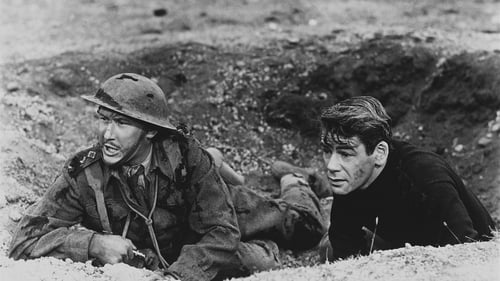
Eric Toresen
A gentle widower, enraged at Nazi atrocities against his peaceful Norwegian fishing village, escapes to Britain and returns leading a commando force against the oppressors.
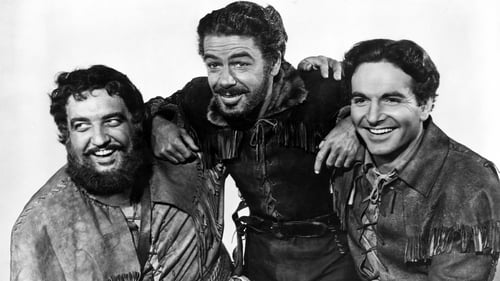
Pierre Esprit Radisson
Highly fictionalized early history of Canada. Trapper/explorer Radisson imagines an empire around Hudson's Bay. He befriends the Indians, fights the French, and convinces King Charles II to sponsor an expedition of conquest.

Self (archive footage)
This 1940 presentation features highlights of earlier (1928 onward) Oscar ceremonies including Shirley Temple and Walt Disney, plus acceptance speeches for films released in 1939 with recipients and presenters including Vivien Leigh, Judy Garland, Hattie McDaniel, Fay Bainter, Mickey Rooney, Thomas Mitchell, Sinclair Lewis, and more, with host Bob Hope.

Himself
Flubs and bloopers that occurred on the set of some of the major Warner Bros. pictures of 1940.
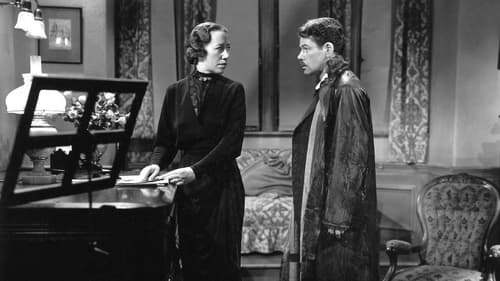
Dr. David Newcome
A British doctor and his son's Austrian governess have an affair and are accused of killing his wife.
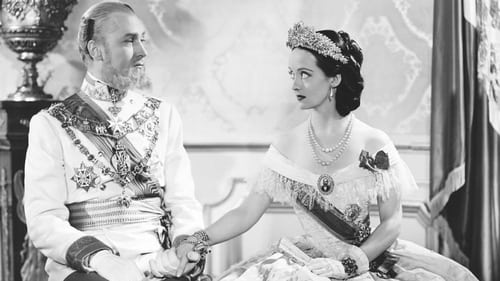
Benito Pablo Juárez
The newly-named emperor Maximilian and his wife Carlota arrive in Mexico to face popular sentiment favoring Benito Juárez and democracy.

Self
This short shows how Hollywood gets ready for the world premiere of an "important" movie. The film celebrated here is Marie Antoinette (1938), which had its premiere at the Carthay Circle Theatre. We see the street leading to the theatre transformed to suggest a garden that might be seen in a French palace. This includes the placement of trees and other foliage, as well as large statues along the route. Grandstands are set up so fans can see their favorite stars as they arrive for the premiere. Finally, the proverbial "galaxy of stars" arrives in their limousines. Fanny Brice and Pete Smith make remarks at the microphone set up on the carpet outside the theatre.

Emile Zola (archive footage) (uncredited)
This was one of the annual "blooper" reels screened by the Warners Club, an organization of Warners actors, crew and executives. It was meant to poke fun at the flubs and bloopers that occurred ont the set of some of the major Warner Bros. pictures of 1938.
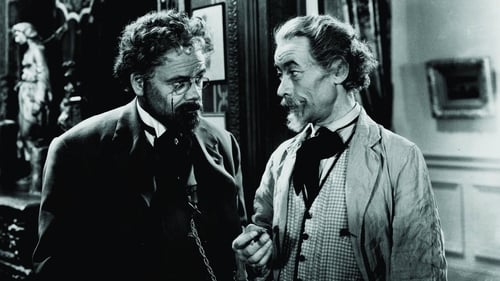
Emile Zola
O ator Paul Muni foi o rei das chamadas cinebiografias nos Anos Dourados de Hollywood, criando uma galeria de grande interpretações. Warner Bros era o estúdio de maior evidência na época entre o gosto popular, oferecendo ao público, produções arrebatadoras e polêmicas, banhadas de contestação social. Estas duas forças do estrelato e do humanitarismo se uniram em 1937, neste marco da cinematografia: Emile Zola foi a primeira produção da Warner a ganhar o Oscar de Melhor Filme (ainda recebeu outras 10 indicações e 3 estatuetas). O filme narra a ascensão do escritor francês Emile Zola e seu envolvimento na defesa do capitão Alfred Dreyfus, um militar condenado injustamente sob a acusação de traição apenas por ser judeu. Na verdade, ele passa a se interessar pelo caso somente quando procurado pela esposa de Dreyfus, e desafia os militares publicando o famoso J'accuse, um manifesto a favor do capitão.
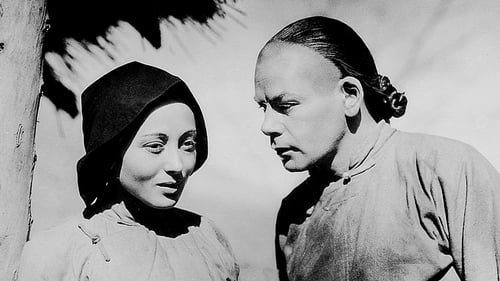
Wang
China, during the rule of the Qing Dynasty. The arranged marriage between Wang Lung, a humble farmer, and O-Lan, a domestic slave, will endure the many hardships of life over the years; but the temptations of a fragile prosperity will endanger their love and the survival of their entire family.
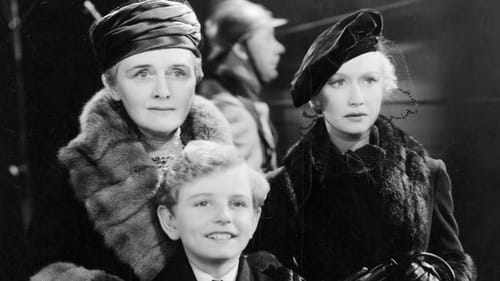
Lt. Claude Maury
In World War I France, a pilot falls in love with the wife of his friend and superior officer.
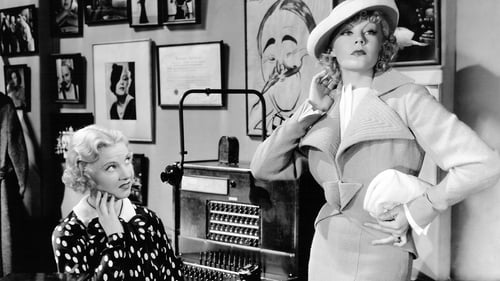
Himself
Time marches on.
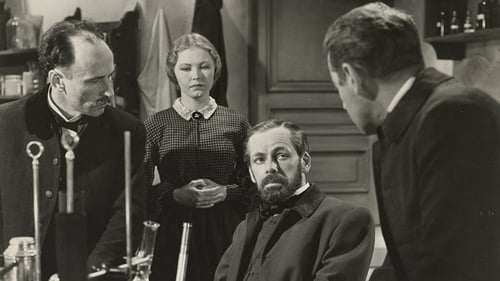
Louis Pasteur
A true story about Louis Pasteur, who revolutionized medicine by proving that much disease is caused by microbes, that sanitation is paramount and that at least some diseases can be cured by vaccinations.

Himself (uncredited)
A promotional short to hype the production of A Midsummer Night's Dream (1935).
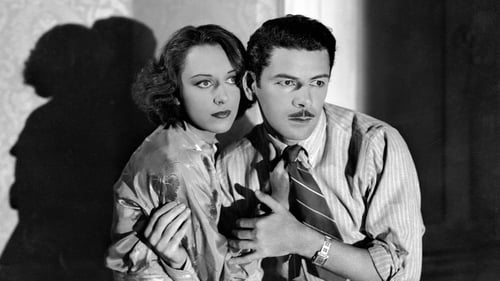
Lee
Dr. Socrates gave up his brilliant career as surgeon in a prominent hospital because his betrothed died under his knife. He is now a struggling doctor in a small town that has a gangster's hideout.
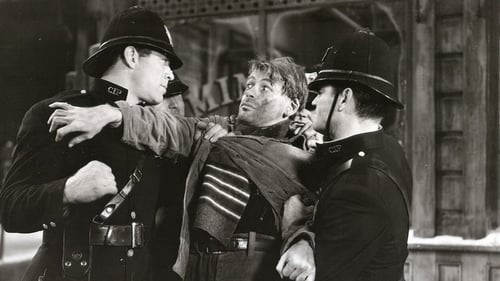
Joe Radek
A simple Pennsylvania coal miner is drawn into the violent conflict between union workers and management.
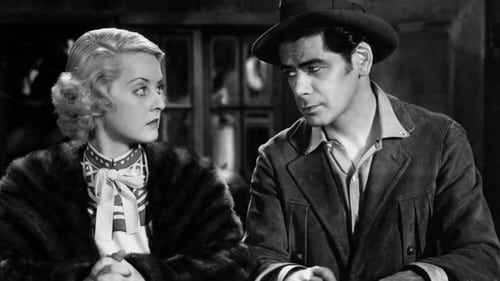
Johnny Ramirez
An ambitious Mexican-American gets mixed up with his boss's neurotic wife.
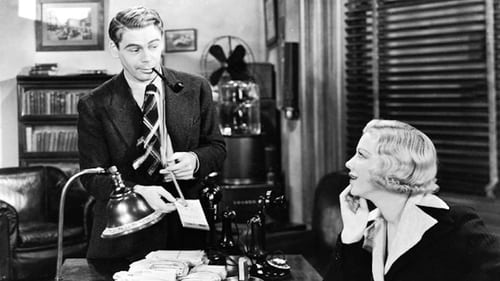
Brad
Managing Editor Brad Bradshaw refuses to run a story linking the disappearance of Frank Canfield with embezzlement of the bank. He considers Frank a straight shooter and he goes easy on the story. Every other paper goes with the story that Frank took the money and Brad is demoted, by the publisher, to the Heartthrob column - writing advice to the lovelorn. After feeling sorry for himself for two months, he takes the column seriously and makes it the talk of the town. But Brad still wants his old job back so he will have to find Canfield and the missing money.

Orin Nordholm Jr.
Generational saga tracing the events in the lives of the midwest pioneering Nordholm family, as seen through the eyes of businessman Orin Nordholm Jr., who ages from a youth to an elderly grandfather.
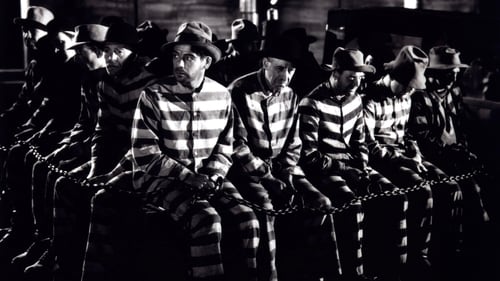
James Allen
Desempregado após o término da Primeira Guerra, Allen torna-se um vagabundo sem dinheiro. Quando assiste a outro homem cometendo um furto, é condenado injustamente a dez anos de cadeia, numa prisão na Geórgia. Lá, é perseguido por gangues e castigado cruelmente por guardas sádicos. Com a ajuda de outro prisioneiro, escapa e parte determinado em busca do sonho que tem de se tornar um engenheiro.
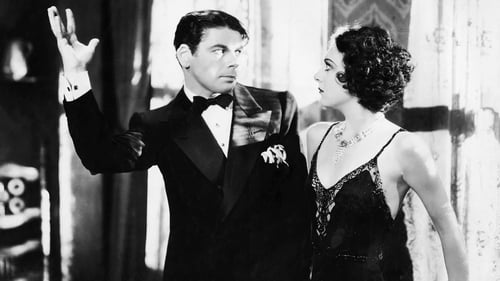
Tony 'Scarface' Camonte
Tony "Scarface" Camonte trabalha para Johnny Lovo, um ambicioso gangster que deseja criar um império do crime em Chicago. Nesta guerra pelo comando, o chefe da quadrilha rival fora assassinado por Tony e a polícia suspeita que Lovo o tenha pago para tal feito. Tony logo ganha respeito na quadrilha pelo feito e espera pacientemente pelo momento exato de liquidar com seu chefe e assumir o comando do bando. No comando, Tony ganha dinheiro como jamais sonhou e passa viver tranqüilo e luxuosamente. Mas sua tranqüilidade duraria pouco tempo, pois sua irmã Cesca Camonte, por quem tem paixões secretas, envolve-se com Guino Rinaldo, seu "braço direito", obrigando-o a tomar medidas drástic.

Chibou / Diablero / Smith / Schubert / Juan / Gans / Napoleon
A 1929 American pre-Code drama film with fantasy elements that was released by Fox Film Corporation in the Fox Movietone sound-on-film system on December 1, 1929.

James Dyke
A man condemned to execution tries to convince two women that he is not their son and brother, and that they must get on with their lives.


























